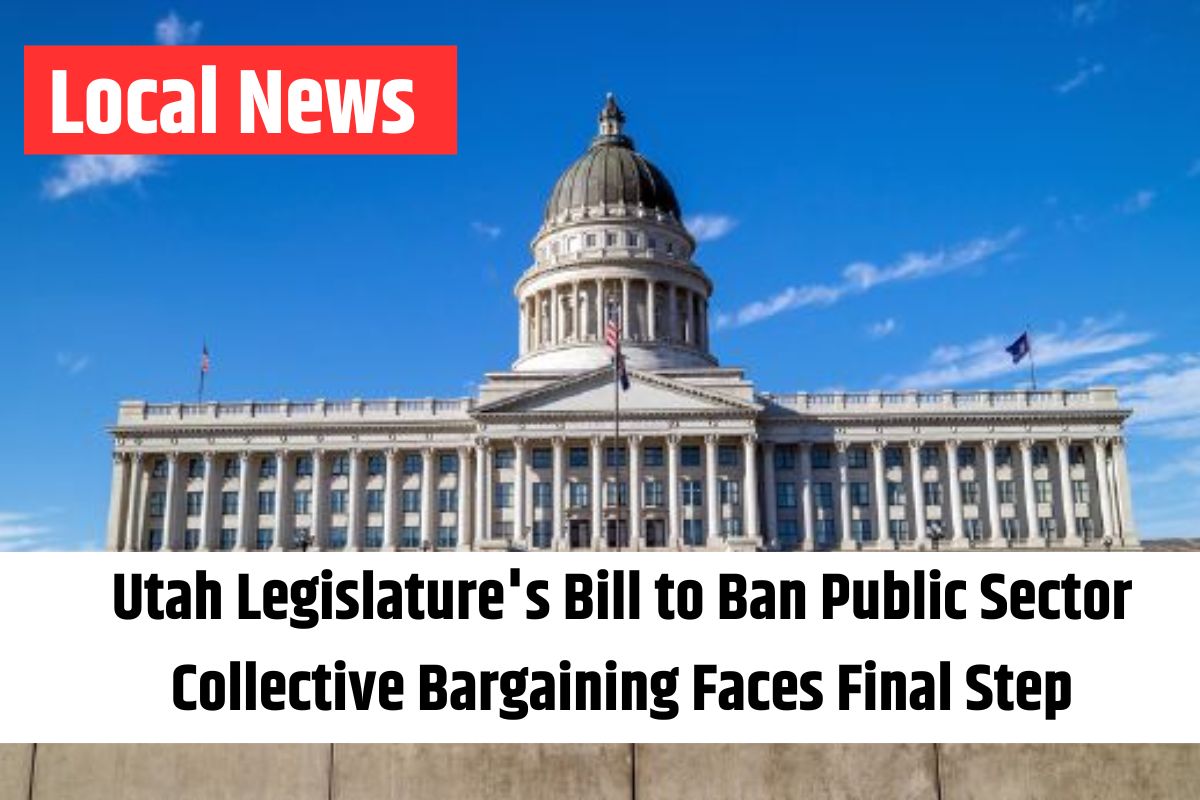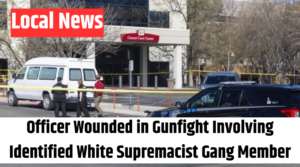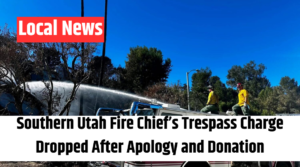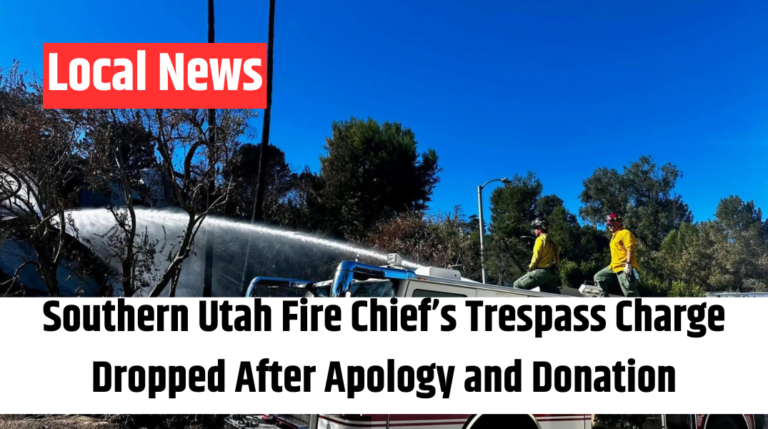
A bill that could significantly alter labor relations in Utah passed a key hurdle on Wednesday, advancing through the Senate Revenue and Taxation Committee. HB267, introduced by Rep. Jordan Teuscher (R-South Jordan) and sponsored by Sen. Kirk A. Cullimore (R-Draper), seeks to eliminate collective bargaining for public sector employees, including firefighters, police officers, teachers, and municipal workers.
After clearing the House with a 42-32 vote earlier this week, the bill gained momentum in the Senate, passing through the committee by a narrow 4-3 margin. With the committee’s approval, HB267 is now set to be debated on the Senate floor, where it could become law unless further amendments or objections alter its path.
Outcry and Strong Opinions Across the State
The proposal has sparked heated debate, drawing significant attention from the public. During committee hearings, four overflow rooms were filled with concerned citizens, with many standing in the hallway, eager to voice their opinions. Some lawmakers, like Sen. Luz Escamilla (D-Salt Lake City), noted that the level of feedback on this bill is unprecedented in her 16 years of service.
Also Read – Utah Lawmakers Back Bill to Support Students Still Learning English with More Funding
Opponents argue that HB267 goes beyond just limiting collective bargaining—it would remove the recognition of labor organizations as representatives of public employees altogether. “This goes far beyond collective bargaining,” said labor attorney Lauren Scholnick, explaining that the bill prohibits unions from even negotiating outside the formal bargaining process.
Supporters Push for Transparency
Proponents of the bill, including its sponsors, argue that it would enhance transparency in union activities. Rep. Teuscher maintains that the legislation will ensure that all employees, not just union members, have a voice. “This bill is about transparency, making sure that the voices of all workers are heard,” Teuscher said.
Zach Jeppson, president of the Salt Lake City firefighter’s union, disagreed, arguing that unions serve as essential representatives of workers and should not be dismantled. “This bill has nothing to do with transparency—it’s about weakening unions in Utah,” he stated, noting that a significant majority of Salt Lake City firefighters are union members.
A Possible Compromise
Before the committee hearing, Sen. Cullimore suggested that a compromise might be found by allowing collective bargaining under certain conditions. He proposed that unions could participate in collective bargaining if 50% or more of employees in a given sector vote in favor of union representation. This idea may be considered during further deliberations.
Competing Bill SB168 Takes a Different Approach
While HB267 moves forward, another bill on the issue, SB168, is also gaining traction in the Senate. Introduced by Sen. David Hinkins (R-Orangeville), SB168 proposes the creation of a Labor Relations Board to oversee public employee labor relations at the state level. Unlike HB267, SB168 would mandate collective bargaining and establish a framework for labor negotiations.
Hinkins argues that SB168 will stabilize Utah’s workforce and improve conditions for public employees. “This bill ensures that workers are fairly compensated and creates a more predictable work environment,” he said.
Also Read – Utah House Passes Bill to Block Public Unions from Collective Bargaining
A Divided Approach
The two bills stand in stark contrast. While HB267 seeks to eliminate collective bargaining and restrict union power, SB168 is designed to protect and expand workers’ rights to negotiate collectively. If HB267 passes the Senate, it could effectively block SB168 from moving forward, as the two measures are fundamentally opposed.
What HB267 Would Do
If HB267 becomes law, it would eliminate the ability of public sector employees to engage in collective bargaining through unions. It would also prevent employers from recognizing unions as representatives of workers. The bill further prohibits public employees from receiving paid leave for union activities and requires unions to cover the cost of renting spaces used for meetings—expenses that other groups must also pay. Additionally, unions would be required to report their membership and financial expenditures to the labor commission annually.
Teachers would also gain access to professional liability insurance under the bill, which would go into effect on July 1, should it pass.
As this contentious bill moves through the legislative process, both supporters and critics will continue to voice their concerns, ensuring that the debate over labor rights and union power in Utah remains at the forefront of state politics.







